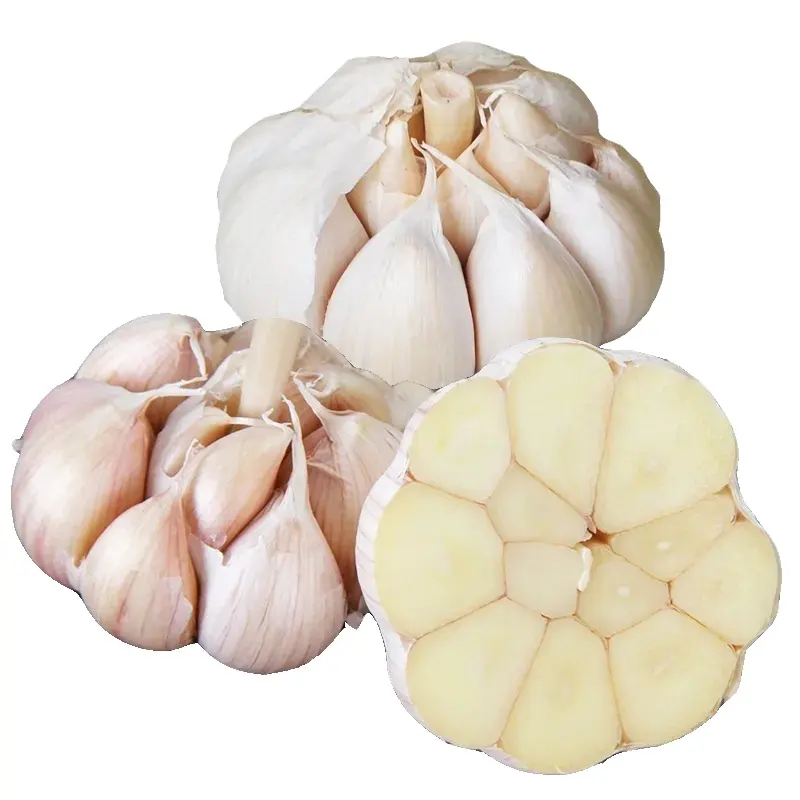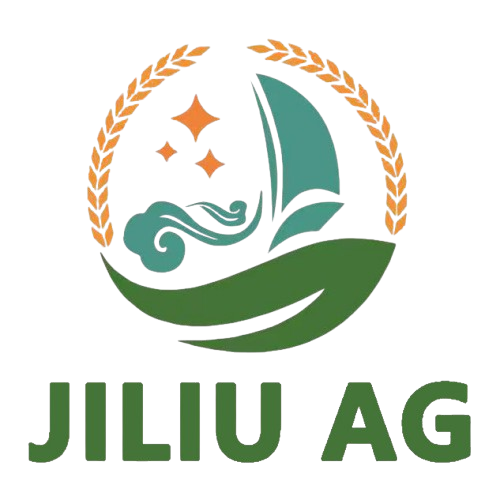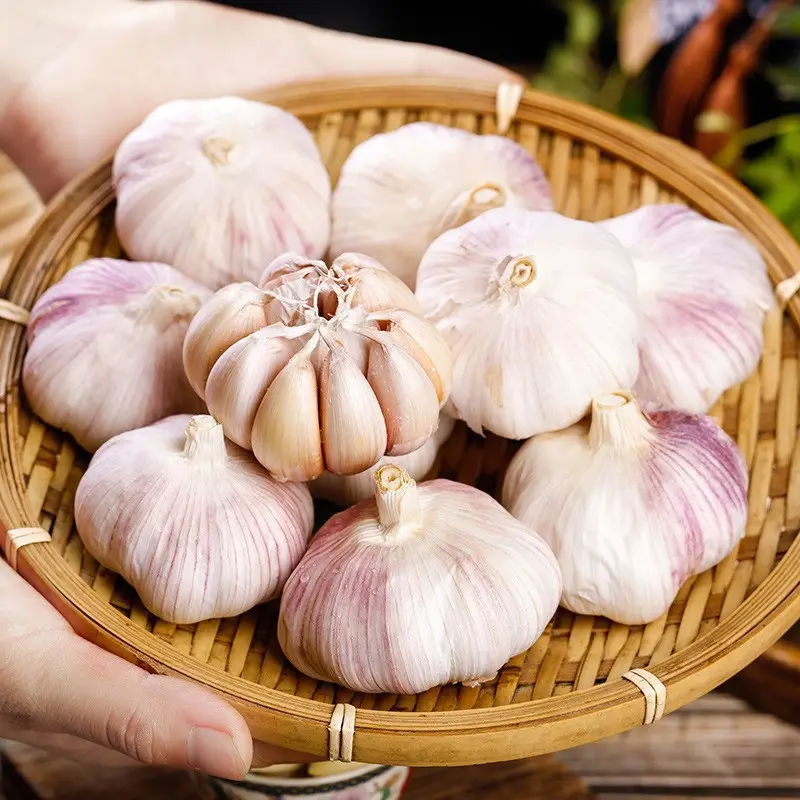Building Strategic Partnerships in the Global Garlic Trade Industry
The international garlic trade represents a vital segment of the agricultural commerce sector, with importers constantly seeking reliable garlic suppliers to establish sustainable business relationships. Understanding the complexities of supplier selection and partnership building has become increasingly critical as global supply chains face unprecedented challenges and opportunities. This comprehensive guide explores the essential factors that influence successful partnerships between importers and garlic suppliers, offering valuable insights for businesses aiming to secure their supply chain.
Essential Criteria for Evaluating Potential Garlic Suppliers
Quality Standards and Certification Requirements
When evaluating garlic suppliers, quality assurance should be at the forefront of consideration. Reputable suppliers maintain strict quality control processes and possess relevant certifications such as GLOBAL G.A.P., ISO 22000, or HACCP. These certifications demonstrate commitment to food safety and quality management systems. Professional garlic suppliers also conduct regular quality inspections throughout the growing, harvesting, and processing stages.
Documentation of quality control procedures, including detailed records of pesticide usage, storage conditions, and handling protocols, provides essential verification of supplier reliability. Importers should request samples and conduct thorough quality assessments before committing to long-term agreements. This includes evaluating factors such as bulb size consistency, clove arrangement, and absence of disease or damage.
Production Capacity and Supply Chain Infrastructure
Understanding a supplier's production capacity is crucial for ensuring consistent supply throughout the year. Professional garlic suppliers should maintain proper storage facilities with temperature and humidity control systems to preserve product quality during off-season periods. This infrastructure investment indicates long-term commitment to the industry and ability to meet volume requirements.
Evaluate the supplier's farming area, processing facilities, and cold storage capabilities. Request information about their annual production volume, peak season capacity, and ability to handle urgent orders. Reliable suppliers typically have contingency plans for supply chain disruptions and maintain relationships with multiple farming operations to ensure stable supply.
Establishing Clear Communication and Business Terms
Contract Negotiation and Pricing Structures
Successful partnerships with garlic suppliers depend heavily on transparent contract terms and fair pricing mechanisms. Professional suppliers should be willing to discuss pricing structures openly, including factors that influence cost variations throughout the year. Consider implementing long-term contracts with price adjustment clauses that account for market fluctuations while protecting both parties' interests.
Establish clear payment terms, delivery schedules, and quality specifications in writing. Reliable garlic suppliers typically offer flexible payment options and are open to negotiating terms that benefit both parties. Discussion of minimum order quantities, lead times, and shipping arrangements should be thorough and documented in formal agreements.
Communication Protocols and Response Times
Regular communication is essential for maintaining strong supplier relationships. Professional garlic suppliers should have dedicated account managers or contact persons who respond promptly to inquiries and concerns. Establish preferred communication channels and expected response times for different types of requests.
Implementation of regular performance reviews and feedback sessions helps maintain accountability and provides opportunities for continuous improvement. Reliable suppliers welcome open dialogue and demonstrate willingness to address issues promptly when they arise.

Conducting Due Diligence and Risk Assessment
Financial Stability and Business History
Before committing to long-term partnerships, thoroughly investigate potential garlic suppliers' financial stability and business history. Request financial references, bank statements, or credit reports when appropriate. Review the company's trading history, including years in operation and track record with other clients.
Examine their reputation in the industry by checking references from current customers and industry associations. Reliable suppliers should be willing to provide evidence of successful long-term relationships with other buyers and demonstrate consistent business growth over time.
Compliance and Legal Requirements
Verify that potential garlic suppliers comply with all relevant regulations in both their home country and target export markets. This includes proper business registration, export licenses, and adherence to international trade regulations. Request copies of necessary permits and certificates to ensure legal compliance.
Professional suppliers should demonstrate understanding of import requirements for different markets and maintain updated documentation. They should also show commitment to ethical business practices, including fair labor policies and environmental responsibility.
Building Long-Term Strategic Advantages
Innovation and Product Development
Forward-thinking garlic suppliers invest in research and development to improve product quality and efficiency. Look for suppliers who demonstrate commitment to innovation through improved farming techniques, processing methods, or packaging solutions. This indicates long-term industry commitment and ability to adapt to changing market demands.
Consider suppliers who offer value-added services such as custom packaging, different processing options, or new product variants. Their willingness to collaborate on product development projects can lead to competitive advantages in the market.
Sustainability and Environmental Responsibility
Modern business partnerships increasingly emphasize sustainability practices. Evaluate potential garlic suppliers' commitment to environmental responsibility through their farming methods, water management, and waste reduction initiatives. Suppliers who implement sustainable practices often deliver better long-term value and help meet growing consumer demands for environmentally conscious products.
Look for evidence of environmental certifications, organic farming practices, or participation in sustainability programs. These commitments often translate to better product quality and more stable long-term partnerships.
Frequently Asked Questions
What minimum requirements should garlic suppliers meet for international trade?
International garlic suppliers should possess valid export licenses, food safety certifications (such as HACCP or ISO 22000), and demonstrate compliance with importing country regulations. They should also maintain proper cold storage facilities and quality control systems, with documented procedures for handling and shipping.
How can importers verify a garlic supplier's production capacity?
Importers should request facility visits when possible, review production records from previous seasons, and ask for documentation of storage capacity. Additionally, checking references from current customers about supply consistency and examining the supplier's farming area and processing capabilities provides valuable verification.
What are key indicators of a reliable garlic supplier's financial stability?
Important indicators include years in business, consistent growth patterns, stable customer relationships, and investment in infrastructure. Regular filing of financial statements, positive trade references, and willingness to provide bank references or credit reports also suggest financial reliability.
How frequently should importers review their garlic supplier relationships?
Conduct formal supplier performance reviews at least annually, evaluating factors such as quality consistency, delivery reliability, price competitiveness, and communication effectiveness. Regular monitoring throughout the season helps identify and address potential issues early.

